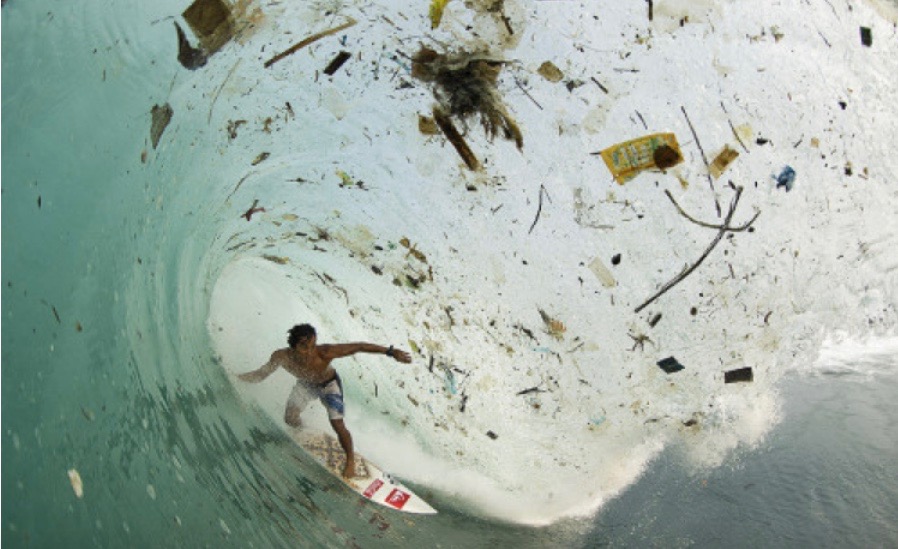GREGORY de GERSDORFF WRITES- All life on planet Earth requires water. Given the risks that come with climate change, one would expect all countries to preserve the world’s increasingly dwindling supply of fresh water. This is not the case with Indonesia, but this should come as no surprise. The country has a pretty poor record in the area of environmental compliance, so far. Indonesia is the fifth largest emitter of greenhouse gasses, mainly due to deforestation, and has become notorious for setting ambitious emission reduction and water protection goals, only to fall[1] short of them in order to bolster the country’s rapidly growing economy. And according to the World Bank, the Citarum river in West Java has been dubbed the most toxic river in the world, despite government intervention.
Still, Indonesia continues to come up with new pro-environment preservation programs. The 100-0-11 program, for example, is aimed at providing 100% access to water for all, including urban slums, as well as 100% access to sanitation. The country has a long way to go, though; the current goal is for 15% of the population to have running water by 2020. Why so low? Despite regulations put forth by the 100-0-100 government program, factories along the Citarum River continue to dump toxic chemicals directly into the water, with no attempted filter. Locals consistently rely on the river as a source of fish and drinking water. Those who bathe in it have begun to feel severe side effects such as hair loss, and rashes. Those drank the water or consumed the fish living in it have experienced difficulty breathing. Complications regarding fish caught within the river have led to digestive diseases such as dysentery.
Another problem: potentially adverse effects on tourism. According to the Center for Sustainable Business Competitiveness, 14% of Indonesia’s Gross Domestic Product is attributed to the hospitality business. The vast majority of hotels in Indonesia are situated on or around beaches. The same lack of government enforcement affecting the Citarum River is also polluting the Indian Ocean. The Indonesian coastline, the second largest plastic polluter in the world, is littered with trash. According to BBC news, the Indonesian government declared a “garbage emergency” back in 2018, deploying 700 cleaners and 35 trucks encompassing a 3.5 mile stretch of beach in Bali. This shows real intent for change. Yet the vast majority of trash that ends up on Bali beaches originates from Java, the main island of Indonesia.
Without concerted efforts to follow anti-pollution regulations, the country, the people and the coastline will suffer. Heavier restrictions on the dumping of trash and chemical waste must be enforced if Indonesia truly wants to stick to its ambitious climate goals. In an interview with BBC, Indonesia’s Minister of Maritime Affairs and Fisheries said they “must make the ocean our front porch, not our backyard.”
Well, actions speak louder than words. How about fewer promises and more follow-through?

